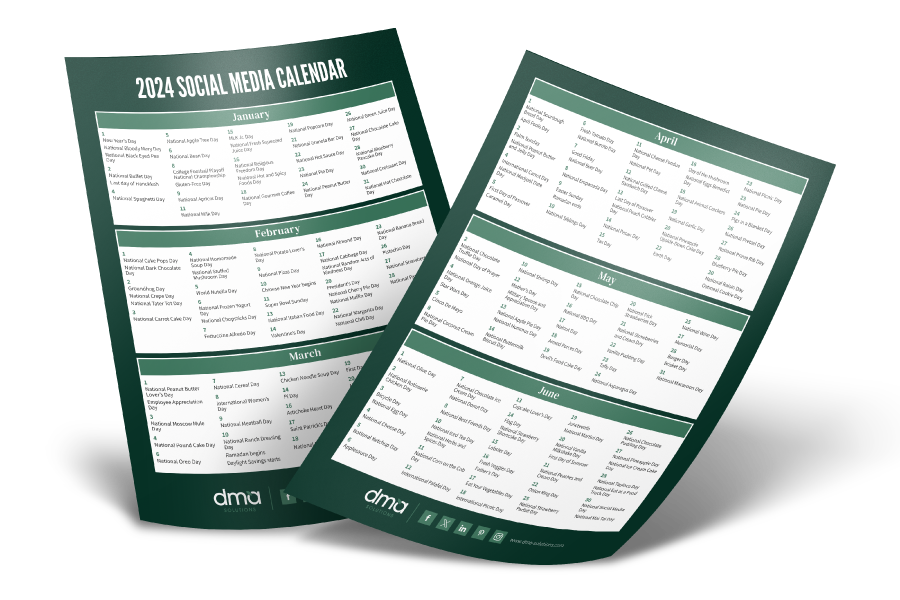Canada’s Anti-Spam Law, or CASL, could affect you as a marketer if you send marketing emails to Canadian inboxes. We recently became aware of CASL and are working to implement changes on behalf of our clients and our own marketing efforts. Now we want to make all fresh produce marketers aware so you too can continue successful email marketing to your Canadian contacts.
Please note that we are not attorneys here at DMA Solutions, so we highly recommend that you obtain additional legal counsel if you send regular electronic communications to Canadian residents.
What is CASL?
This anti-spam law will apply to all electronic messages like emails and text messages that are sent in relation to “commercial activity.” It requires businesses sending electronic messages to Canadians to receive “explicit consent” from the recipients before sending the message. In the US, businesses are able to obtain “implied consent” before sending emails. Explicit consent requires marketers to be much more specific and clear that people are subscribing or consenting to receive emails from your company. For example, this means that just because a Canadian has filled out a form on your website, that doesn’t mean you can subscribe them to an email list. They must give explicit confirmation that they want to receive emails from you pertaining to a specific topic.
On July 1, the lawsuit provision of CASL, the third of three stages, was to go into force. However, the Canadian government recently suspended the ability of individuals to sue companies they deemed to be in violation after hearing the broad-based concerns raised by businesses and charities. This means that now is the time to gain an understanding of the steps you need to take to comply and implement them before the individual right to sue goes into effect.
How do you get consent?
To obtain explicit consent, you must adjust your forms and other email subscription methods to do the following:
- Clearly identify your organization and include a mailing address, phone number, email address or web address for the organization on whose behalf you are sending the message
- Provide an unsubscribe option for the contact to opt-out of any and all communications with your organization at any time
- Clearly state that the subscriber is consenting to receive emails from your organization and what type of emails they can expect (or choose from). Example: A checkbox that states “I want to receive emails from Farm Fresh Foods that include recipes, blog posts and promotion opportunities.”
As US-based marketers, we learned that there are several areas where we had to make adjustments to comply with CASL for our clients’ Canadian contacts, so we highly encourage other fresh produce marketers to read up on the law and consult with an attorney if you practice email marketing as a company – this includes both B2B and B2C communications. All in all, the tweaks to make sure our language follows CASL were not difficult to make, so don’t worry! If you’re extremely concerned, please feel free to reach out to us and while we aren’t versed in legalese, we will do our best to consult you and point you in the right direction!
The full text of the law can be found here.












